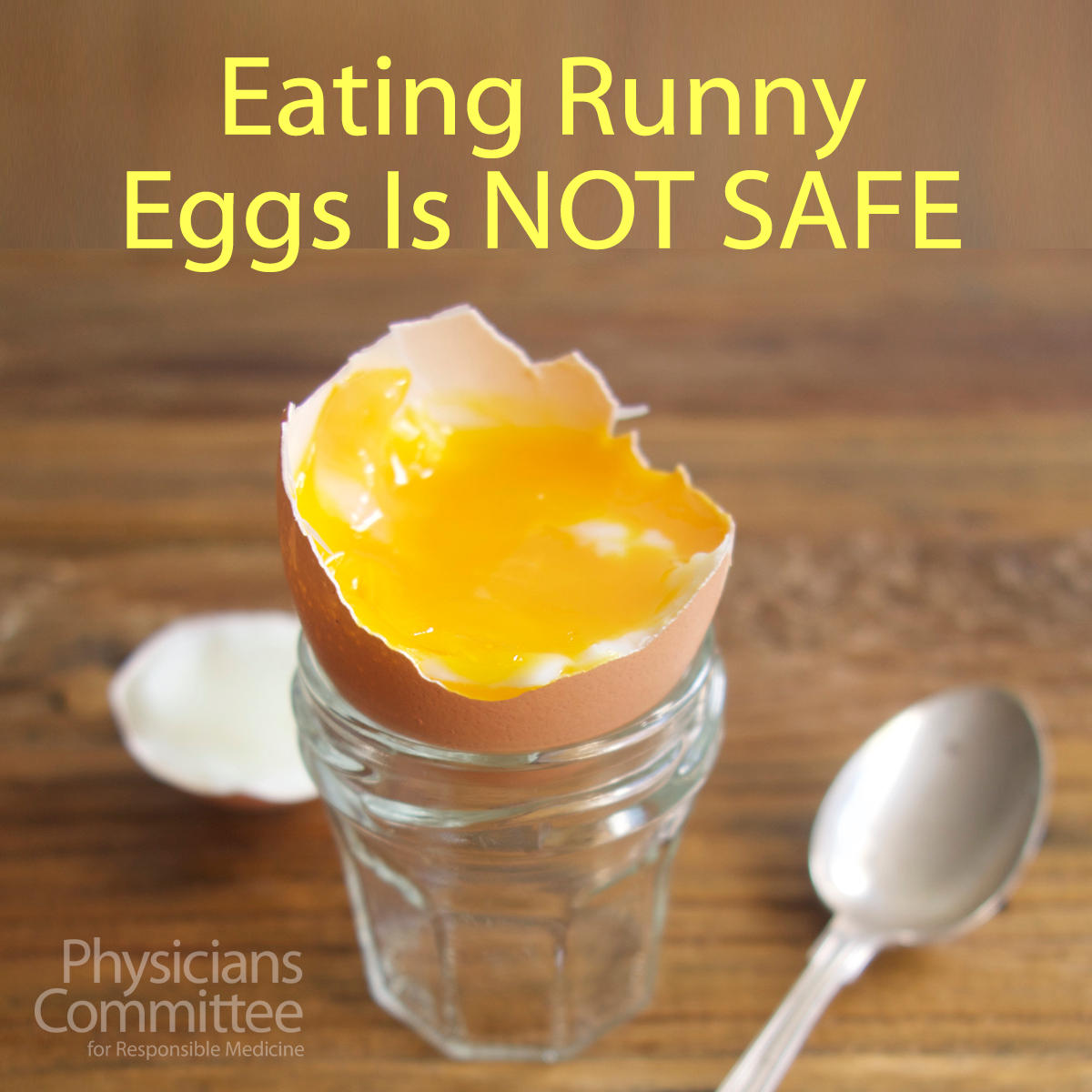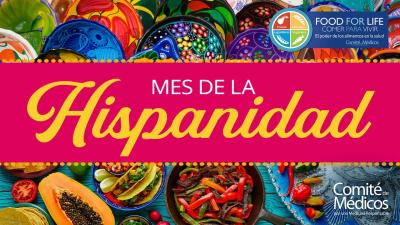Eating Runny Eggs Is Not Safe

Something stinks about the British Food Standard Agency’s new recommendation that it is safe for pregnant women, infants, and older adults to start eating runny eggs.
Something stinks about the British Food Standard Agency’s new recommendation that it is safe for pregnant women, infants, and older adults to start eating runny eggs. Maybe it’s because the advice only applies to eggs that bear the red British Lion symbol, a mark of the British Egg Industry Council, which is surely more interested in selling eggs than in health and safety. But British Lion symbol or not, salmonella will always be a risk—for everyone—when eating raw and undercooked eggs.
Here in the United States, our government’s advice on nutrition and food safety undoubtedly has some problems—and is also influenced by industry interests like the American Egg Board. But the U.S. Centers for Disease Control and Prevention does get it right by warning that “because foods of animal origin may be contaminated with salmonella, people should not eat raw or undercooked eggs, poultry, or meat.”
Even with this warning, the U.S. Food and Drug Administration estimates that 79,000 cases of foodborne illness and 30 deaths each year are caused by eating eggs contaminated with salmonella. Most people develop diarrhea, fever, abdominal cramps, and vomiting that can last up to a week.
Of course, the United States and the United Kingdom have different food safety regulations regarding eggs, but salmonella knows no borders. It lives in the intestinal tracts of humans and animals worldwide.
So why take chances on eating runny eggs or feeding them to infants and children, who are at greatest risk for salmonella infection? Children under the age of 5 have higher rates of salmonella infection than any other age group. Older adults and people with weakened immune systems are the other groups most likely to have severe infections.
But salmonella is not the only danger found in eggs. All eggs, no matter how they are prepared (raw, runny, poached, scrambled, boiled), increase the risk of heart disease, diabetes, and certain cancers.
In the United States, the industry-backed American Egg Board tried to get Americans to forget about these risks by attempting to get the federal government to remove cholesterol warnings the Dietary Guidelines for Americans.
Eggs, which are loaded with cholesterol that contributes to heart disease, are the No. 1 source for cholesterol in the American diet. But the egg industry wanted to dupe Americans into believing that cholesterol isn’t a health concern. In a systematic review used to sway the Dietary Guidelines, 10 of the 12 studies were funded by the egg industry seeking to make cholesterol look innocuous. But the Physicians Committee for Responsible Medicine was able counter the American Egg Board to keep cholesterol warnings in the Dietary Guidelines.
In the United Kingdom or the United States (or anywhere else in the world), eggs aren’t what they are cracked up to be by the egg industry. From salmonella to cholesterol the only way to avoid the dangers of eggs is too simply stop eating them.







